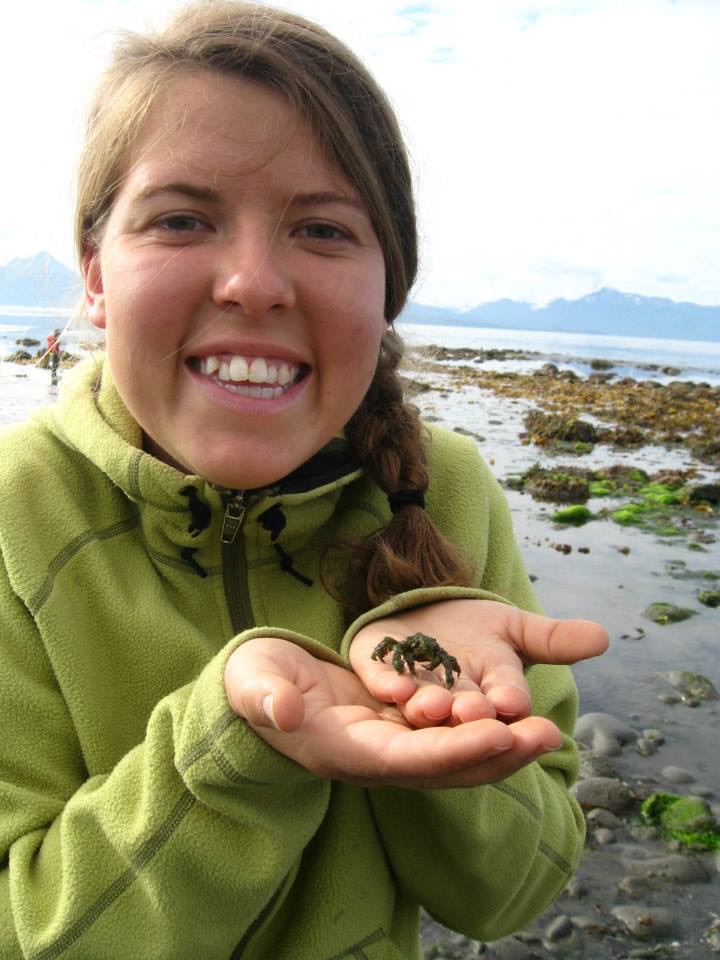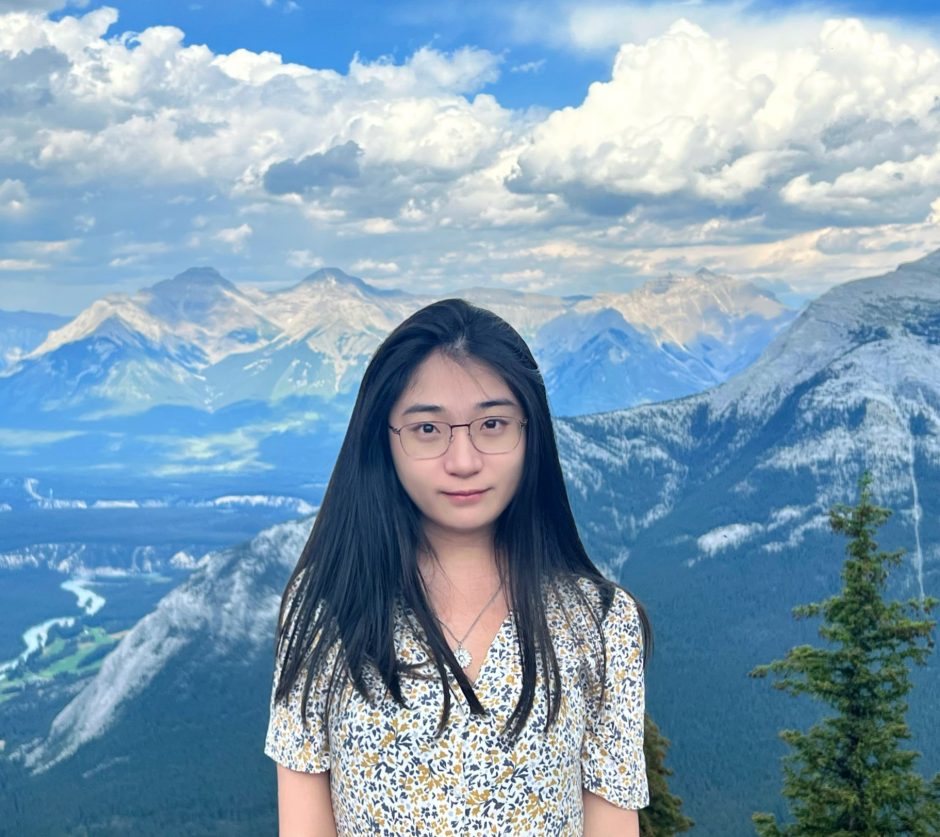1. Restorative Diets: A methodological exploration comparing historical and contemporary salmon harvest rates
2. Multi-dimensional urban environmental justice analysis: exploring patterns, synergies, and trade-offs in Metro Vancouver
Time: 12:30pm to 1:20pm
Location: Beaty Museum Theatre (2212 Main Mall)
Click here to register in advance to receive a Zoom link.
Zoom Rule: If we encounter technical difficulties during the first 5 to 10 mins of the seminar, Zoom will be terminated.
No food or drinks allowed in the Theatre.
Talk summary:
First Nations face persistent challenges related to the state of their fisheries along the coast of, what some call, British Columbia. Fisheries management strategies imposed by the Crown and State have been implicated in contributing to these challenges. In particular, current strategies continue to set ceilings on First Nations’ harvest rates. Too often the evidence used to determine such ceilings reflects disrupted diets and practices, with repercussions for First Nations working to restore their fisheries, diets, and food systems. I will share how we used the example of salmon to develop methods for estimating a range of harvest rates consistent with less disrupted—restorative—diets, and to consider the magnitude of the difference between harvest rates consistent with restorative compared to contemporary diets. We find salmon harvest rates suggested by contemporary assessments consistently fall below rates consistent with restorative diets.

Bio:
Erika Gavenus is a PhD candidate at IRES supervised by Terre Satterfield. She grew up on the lands of the Nichiłt’ana and learned to love fish and fishing on waters long stewarded by Dena’ina and Sugpiaq peoples. Through her doctoral research Erika uses a lens of food justice to examine how imposed fishing regulations can challenge food access for coastal First Nations. She holds a BSc in Global Health from Georgetown University and a MSc in Global Health and Environment from UC Berkeley. Erika is grateful to live and learn on the traditional, unceded, and ancestral territory of the Musqueam.
Click here to view video.
Talk summary:
Everyone has the right to a safe, clean, healthy, and sustainable environment; however, the uneven geographic distribution of demographics and environmental quality can result in disproportionate exposure to environmental risks or lack of access to benefits for marginalized groups, leading to distributive environmental injustice. In this research, we characterize patterns of urban environmental injustice from integrated assessments of multiple environmental factors in Metro Vancouver using geospatial environmental and demographic data for 2016 and 2006. Results show that the patterns of environmental injustice vary through time and across space; these changing patterns are driven by different aspects of environmental quality. The results can provide insights into urban planning and policymaking, for example, targeting communities with a high level of injustice with a significantly disadvantaged population and limiting traffic-related air pollution emissions in high walkable communities to avoid human exposure in active transportation.

Bio:
Shuoqi Ren is an MSc student at the Institute for Resources, Environment and Sustainability, supervised by Dr. Amanda Giang at UBC. Her research interests focus on multi-dimensional assessments and modelling of urban environmental quality and its applications to environmental justice. Her Master’s research characterizes the interactions, synergies, and trade-offs between environmental variables like air pollutant concentrations, walkability, green space, and temperature and investigates whether there are environmental injustices related to the uneven distribution of environmental benefits, risks, and demographics over time in Metro Vancouver.
Seminar video not available.